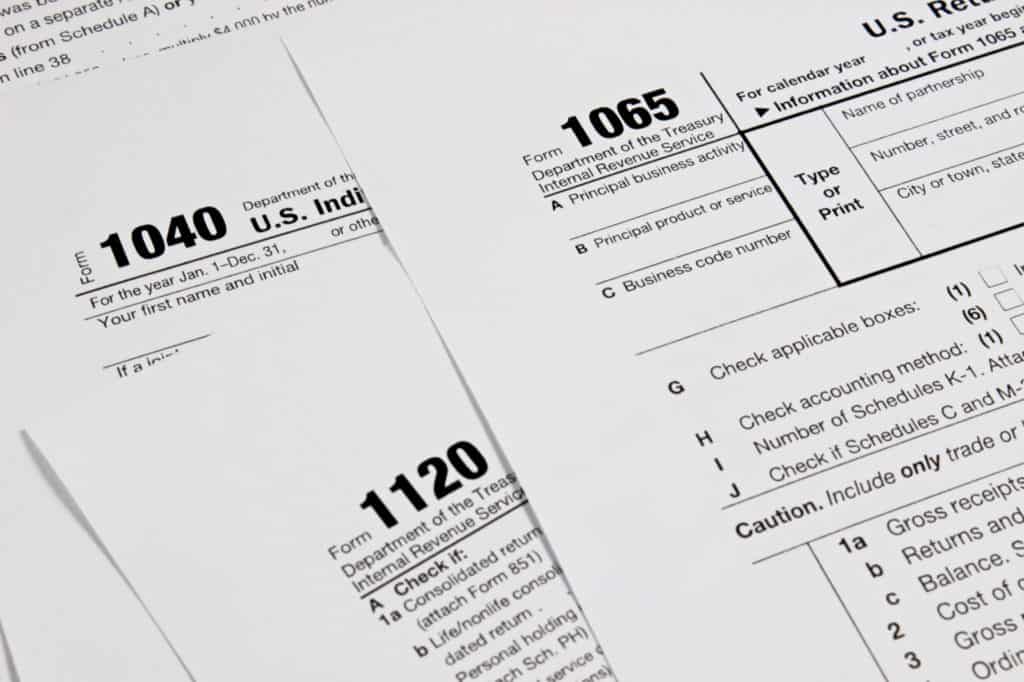
In Your “Best Interests”? Responding to IRS and state notices.
When the IRS or state taxing agencies send you their “Notice” letters—especially if they have been sent certified mail—they are designed to create fear and apprehension. The first part of the letter is ominous – ”You’ve done something wrong!” You panic… ”what did I do wrong?” I am sure you hear jail doors slamming as you fumble through the letter.
“Fix it soon,” the letter continues, “or else!”
Your chest constricts, your breathing is shallow. “I don’t even understand what I did wrong… how can I fix it?!?”
You begin to feel desperate.
The letter continues: “Call us right away” and it gives you an easy toll-free number.
Should you call…?
Most want to call to get a hold of someone who can explain this terrible letter to them. “What did I do wrong?” and “How can I fix this?” Many believe that no matter what the problem, they can explain it away. But what you do not realize is that you’re playing a carefully scripted role.
You pick up the phone and dial their toll-free number. You can talk your way out of this, no sweat! You wait on hold for a while, then at the right time, someone picks up. “Name please.” You give them your name. “Address please”. You give them your address. “Social Security Number, please”. You dutifully recite your social.
Like a lamb being led to slaughter, they demand more and more info, and you automatically respond with the requested info. You do not even think about it.
- “Where do you bank?”
- “Where does your spouse bank?”
- “What is your employer’s name and address?”
- “Do you own or rent”
- “Do you own any other real estate anywhere else?”
And on and on it goes until they have the info they want.
NOW it is your turn… But by this point, whatever it is you say it does not matter anymore. The IRS (with your cooperation) has just built an up-to-date personal dossier on you. They know where you bank in case they need to issue a levy, they know where you work in case they want to garnish your wages, they know if you own your home in case they want to issue a lien. They’ve boxed you in and you did not even know it!
Now they want more information, detailed information. They tell you that they are going to send you a form and you need to fill it out and return it within two weeks. There are no Miranda rights when it comes to the IRS or state taxing authorities (unless they actually are arresting you—then, of course, there is). If you want to be nice and cooperative, go right ahead!
You could, however, avoid all of this. Instead of dialing that toll-free number, you could instead call a qualified tax attorney to seek advice. You see, having a tax attorney on your side is like having insulation on bare electrical wire. Without the rubber coating on the wire, you would feel the shock when you touch the live wire.
With the rubber coating on the wire, however, you can touch a live wire and not experience a life-threatening shock. This is what a tax attorney can do for you.
That tax attorney can now dial that toll-free number and skip the interrogation by identifying himself as your attorney/tax representative. He is wise, he is savvy and he knows not to give away the information without getting something in return. He knows that the guy answering the phone is not the guy who makes the decisions on your file and he knows how to bypass the phone-tree and get to the right person….quickly. Your tax attorney will be ready, too. He will have worked with you to get the information necessary for the government agents to be able to settle your tax issue right away, sometimes on the first call. It really is not difficult….when you have the experience and wisdom like your Oregon tax attorney does.
You need a layer of insulation. Call your tax attorney before you call the government!
